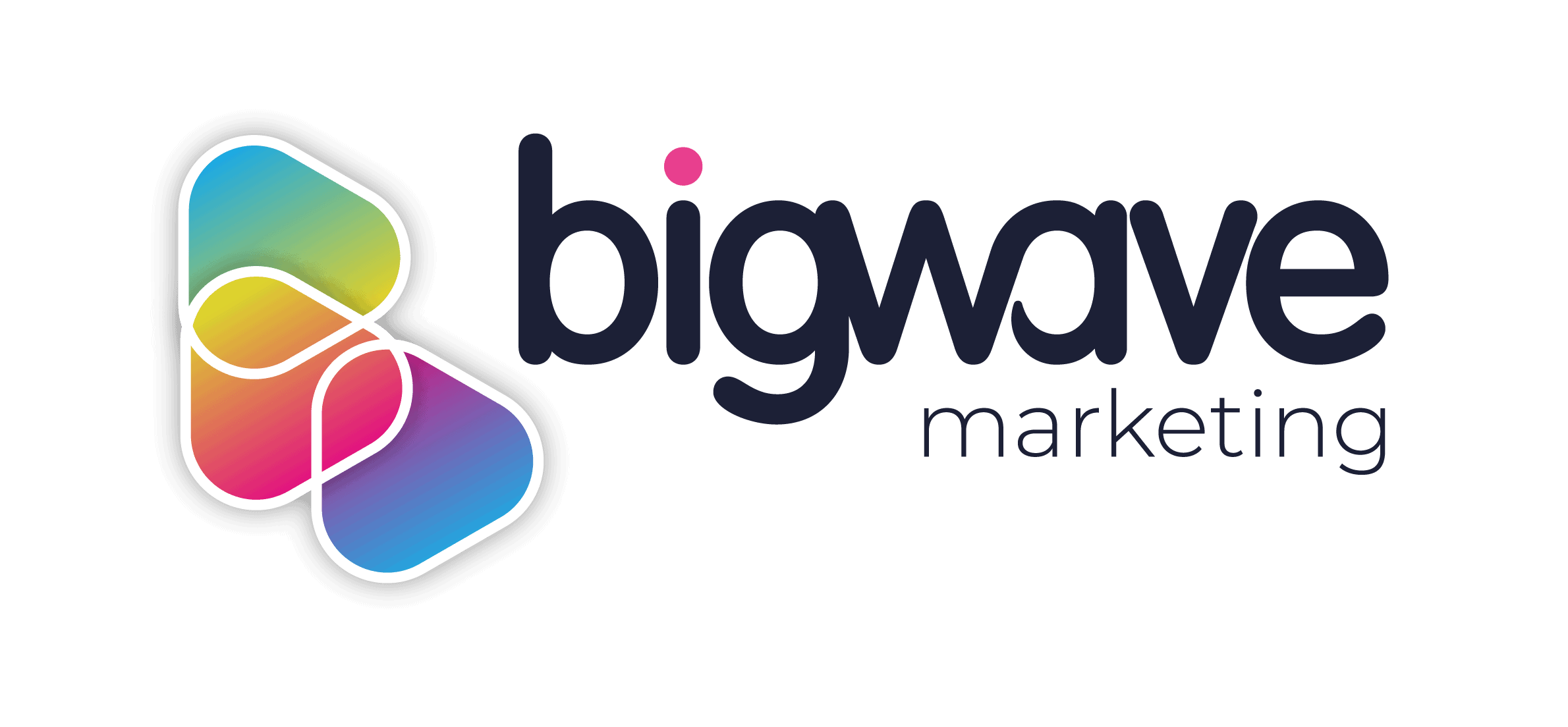Accelerated Mobile Pages – improving speed and experience for mobile users.
Over the last few years, Google has encouraged webmasters to provide a better, faster mobile experience for users. And the next logical step was the introduction (partnering with Twitter) of an open source, super lightweight version of HTML. For many, reading on the mobile web is a clunky experience. The AMP project helps content publishers create fully mobile optimised content (via a template) and have it load instantly in any environment.
“Websites that opt into this framework benefit from speed improvements since the content templates share common elements and components, leading to a 15 to 85% performance improvement, according to Google. – via Search Engine Watch
Should you be interested in the AMP project, you can view the website and code repositories on the AMP project website: https://www.ampproject.org/
Facebook has recently introduced “Instant Articles. A similar idea, that uses RSS feeds and HTML to load publishers web content within the Facebook app. You can find out more about this here: https://instantarticles.fb.com/
Increased usage of Schema.org structured data- presenting site content in a machine readable way to search engines.
As creators of content, one of your key objectives, after creating quality content is to ensure that firstly it ranks in the search results and secondly that it stands out from the crowd. The use of structured data, which is a machine readable way of presenting content to search engines is absolutely key to this objective.
Schema.org (often called Schema) is a vocabulary of tags (or microdata) that you can add to your HTML to improve the way your page is represented in SERPs. Moz have written an excellent article on the subject, and we would encourage all to read it.
It’s worth pointing out that whilst there doesn’t appear to be any conclusive data to show the relationship between the usage of structured data and increased search engine rankings, there are clear indications that usage of structured data can help to increase CTR (click through rate) from the search engine result pages. By using structured data, you can in fact increase your organic search traffic, by standing out in the search results which can help generate additional clicks.
In 2016, we would expect more businesses to start using structured data, in an effort to present their content more effectively to search engines, who in turn can present it more prominently in the results pages. You can view the Google article on Structured data here and also use the Schema.org website to find out how to implement “structured data”.
Real time algorithmic updates from Google.
In 2016, we will see the launch of the supposed real-time algorithm update “Penguin” from Google. According to Barry Schwartz, editor at Search Engine Land: “This version of the Penguin algorithm will be real-time, at least that is the goal- That means that as soon as Google discovers that a link is removed or disavowed, the Penguin algorithm will process it in real time, and you would be able to recover from a Penguin penalty incredibly quickly. However, you could end up with a Penguin penalty just as quickly. Google had already told us this back in June, but it is nice to know they are on track to make this happen soon.
Whilst this update has not fully rolled out yet, industry forums and authoritative sites are ablaze with Penguin 4.0 discussions. What we may see here, and this is personal opinion, is that dubious SEO’s may make use of the real time update in order to try and ‘game’ the search results. This real time update could be used to generate “negative SEO – for websites. As competitors could start to build bad, spammy links to your own site, in an effort to get it penalised.
Dubious SEO’s could start to build bad links to competitor websites using black-hat services and keyword rankings for the competitor website could fall very quickly and subsequently their own could improve (through real-time updates to competitors). These kind of negative SEO tactics could really impact local businesses, who are not necessarily keen to invest the time and budget into a search engine optimisation program with an agency (so are unable to quickly deal with the problem). It’s key to have a suitable strategy in place should this happen.
It will certainly be interesting to see what impact this algorithm update has on our clients’ sites. You can rest assured we will monitor this update as closely as we can and ensuring our strategy adapts if necessary.
SEO agencies (and clients) will start to pay more attention to “Conversion Rate Optimisation”.
It really doesn’t matter if your website looks great and ranks #1 for a huge range of keywords. If that traffic does not convert and help to grow your business, then what’s the point?
For a long time, many SEO organisations have unfortunately become obsessed by blindly chasing increased traffic levels. This is all well & good if that traffic helps to grow their clients’ business. If you are a business owner, it goes without saying that you should always look at value generated from a campaign rather than just the traffic. So if you don’t see an uptick in conversions following the generation of increased traffic, it could be time to ask your agency to strategically re-evaluate your conversion journey and use split a/b or variation testing to drive design / functionality changes to improve site conversion rates. This ultimately, will compliment your hard fought #1 keyword position.
On a side note, it’s also worth remembering that CRO (conversion rate optimisation) is also essentially free. It capitalises on your already web traffic. You’re not spending any more money on additional traffic, you’re just doing a better job at converting them when they arrive.
By improving your sites conversion rate, you should start to see lower cost per acquisitions across all digital channels, which will enable, should you wish, more money to invest in digital marketing campaigns.
Bigwave media offer SEO packages tailored to your site’s requirements and include basic SEO through to monthly management. To find out more, visit our website or fill out our contact form.

